Plant-Based Diet: 8 Science-Backed Health Benefits
A pure vegetarian diet might just be the type of nourishment that your body needs.

Image: Shutterstock
Plant-based diet has made a huge difference in a world of processed foods and ready-to-eat meals. Scientific research shows that vegetables, fruits, legumes, whole grains and healthy fats reduce the risk of many modern-day health issues. Fitness and nutrition experts also agree that a diet composed of mainly plant-based foods has a positive impact on your physical and mental well-being. In this article, you will learn about the foods to eat and avoid on a plant-based diet, get a menu plan, learn how a plant-based diet is different from a vegan diet, and the health benefits and side effects of this diet. Scroll down!

In This Article
What Is A Plant-Based Diet, According To Experts
, RD, says, “A plant-based diet is one that emphasizes fruits, vegetables, legumes, nuts, seeds, and whole grains over animal products like meats and dairy products.” A plant-based diet is also flexible. As per the Harvard Medical School, there are numerous types of plant-based diets, from “flexitarians” (people who primarily eat a vegetarian diet but have meat occasionally) to vegans who don’t consume any type of animal product (1).
Jenn LaVardera, RD, agrees. She says, “A 100% plant-based diet consists entirely of plant foods. That said, plant-based eating does not need to be black and white. Some people choose to eat mostly plant-based but may occasionally include animal-based foods like cheese, eggs or fish.”
There are two types of plant-based diet:
- 100% plant-based diet
- Flexitarian diet, where people occasionally consume animal products
But is a vegan diet equivalent to a 100% plant-based diet? No – there’s a fundamental difference between a plant-based diet and vegan diet. What’s that? Find out below.
Key Takeaways
- A plant-based diet comprising fruits, vegetables, nuts, and grains can positively affect your physical and mental well-being.
- You can follow a 100% plant-based diet or be a flexitarian with consuming animal products occasionally.
- A plant-based diet may help improve your heart, kidney, and joint health, and help manage weight loss.
Plant-Based Diet Vs. Vegan Diet
- Vegan diet excludes animal products completely. Nicole Stevens, MScFN, RD, says, “The term plant-based diet is sometimes used interchangeably with the term vegan diet. However, a vegan diet would exclude all animal products entirely.”
- Veganism is a lifestyle that extends beyond diet or food habits. Vegans avoid any clothes, shoes, hair care and skin care products, perfumes, and makeup products that contain animal products or have been tested on animals.
- The vegan diet helps reduce carbon footprint. Reducing intake of animal meat can help reduce the effects of climate change.
While the two diets are different, they both have their unique benefits. A plant-based diet is more flexible since it allows occasional animal product consumption. On the other hand, a vegan diet needs careful planning to meet all nutritional needs. This flexibility makes a plant-based diet easier for many people to follow and maintain over time. The next section discusses the benefits you will reap from a plant-based diet. Check them out below.
Why Is A Plant-Based Diet Good For You?
There are several reasons a plant-based diet could be good for you. Jenn LaVardera, RD, says, “Plant foods are nutrient-dense and provide health-promoting nutrients including fiber and phytochemicals (compounds in plants with antioxidant properties) that you don’t get in animal foods.” Here’s a complete list of the science-backed benefits of a plant-based diet:
1. May Help Manage Diabetes Type 2
Consuming vegetables, fruits, whole grains, nuts, and legumes helps lower the risk of diabetes type 2 (2). An increase in fiber and micronutrients and reduction in sugar and saturated fat intake also can help manage diabetes type 2 and reduce diabetes-related complications (3), (4).
2. May Lower The Risk Of Cardiovascular Disease
According to the American Heart Association, a 100% plant-based diet has shown positive results in reducing the risk of cardiovascular disease and stroke (5), (6). Decreased consumption of meat and saturated fat can contribute to heart health. A reduction in total body fat is also an added advantage that helps lower the risk of CVD.
3. May Aid Safe Weight Loss
Plant-based diets are your safest bet for weight loss. Such diets are loaded with dietary fiber, antioxidants, minerals, and various phytochemicals. They were found to help reduce BMI in obese, overweight, and post-menopausal women (7). A plant-based diet may also reduce the risk of obesity-related metabolic syndrome (8).
4. May Help Reduce Migraine Headaches
Nutritional intervention with a 100% plant-based diet can also have a positive impact on headaches associated with migraines. A study showed promising results in reducing headache intensity and frequency per week (9). The anti-inflammatory and antioxidant properties of a plant-based diet could be an explanation for this outcome (10).
5. May Reduce Joint And Muscle Pain
A plant-based diet may help reduce joint pain associated with arthritis and fibromyalgia (7). A 100% vegetarian diet or lacto-vegetarian diet was found to help reduce inflammation and pain as well as psychological distress caused due to muscle and joint pain (7).
6. May Help Reduce The Risk Of Cancers
, Integrative Medicine Physician, says, “When I look at all of the evidence for living a lifestyle that prioritizes health and reduces risk of cancer, it all comes down to plants.” Yes, a plant-based diet also helps reduce the risk of cancer due to its high antioxidant content. Along with medical therapy and cancer treatment, eating a diet rich in plants can help manage various types of cancers (prostate, breast, gastrointestinal, and colorectal) (11).
In a cohort study with 126,394 UK Biobank participants, a plant-based diet was associated with significant health benefits. Participants in the highest healthful plant-based diet quartile were found to have a 16% lower risk of total mortality, 7% lower risk of cancer, and 8% lower risk of cardiovascular disease compared to the lowest quartile.
7. May Help Manage Kidney Disease
In a study, 14,686 middle-aged adults were studied over a period of 24 years (12). The study recorded 4,343 incidences of kidney disease occurring in this timeframe. Researchers found that a higher adherence to a plant-based diet slowed kidney disease progress. Plant-based diets are safe and are recommended for primary and secondary prevention of CKD (chronic kidney disease) (13).
8. May Help Control High Blood Pressure
High-blood pressure (or hypertension) can lead to a number of health complications including an increased risk of heart disease. A plant-based diet is the best dietary intervention to reduce systolic and diastolic blood pressure (14). The low-sodium content in plant-based diets is a major contributing factor in reducing blood pressure (15). The nitric oxide in plant-based diets also acts as a vasodilator and aids proper blood flow (15).
These are the 8 health benefits of a plant-based diet. It is clear that reducing or avoiding animal-based products can show great improvements in one’s health. Check out the following diet chart to get an idea on how to design your own plant-based diet plan on a day-to-day basis.
| Meals | What To Eat |
|---|---|
| Breakfast | Oatmeal with fruits, nuts, and seeds Or Avocado toast with sesame seeds + 1 apple + 1 cup of tea |
| Lunch | 1 cup of cabbage soup Or 1 cup of raw or blanched veggies with pan-tossed mushrooms/tofu |
| Snacks | 1 cup of fruit juice Or Hummus and baby carrot and cucumber |
| Dinner | ½ cup of kidney bean chili + ½ cup of quinoa/millets Or1 cup of mixed lentil soup + ½ cup of boiled veggies |
Tweak this diet chart according to your food preferences. You can add your favorite vegetables, fruits, whole grains, nuts, seeds, and healthy fats. When planning meals, focus on variety is vital. Including different colors, flavors, and textures makes meals more enjoyable and helps you get a balance of nutrients. Experiment with new recipes and cuisines to keep your plant-based journey fun and interesting. Read on to learn a few recipes below.
Plant-Based Recipes
1. Quinoa Salad with Chickpeas
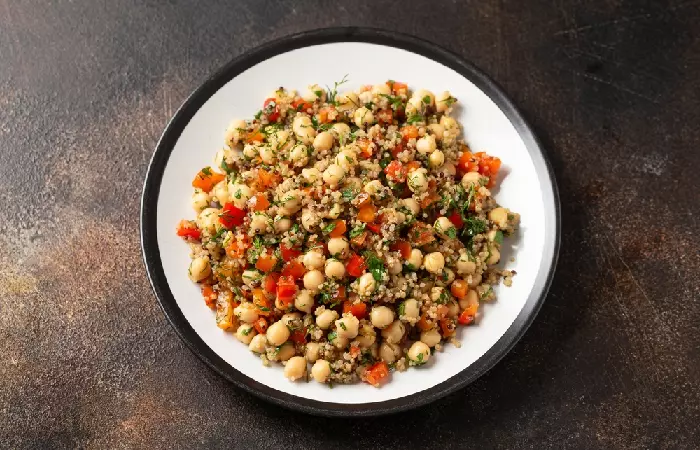
What You Need
- 1 cup of quinoa
- 1 can (15 oz.) of chickpeas
- 1 bell pepper
- 1 cucumber
- 1 cup of cherry tomatoes
- A handful of parsley and cilantro
- 2 tablespoons of olive oil
- 2 tablespoons of lemon juice
- Salt and pepper to taste
How To Prepare
- Cook 1 cup of quinoa and let it cool.
- Dice the bell pepper and cucumber, and halve the cherry tomatoes.
- Finely chop a handful each of parsley and cilantro.
- In a bowl, combine the cooked quinoa, rinsed chickpeas, chopped veggies, and herbs.
- Drizzle the olive oil and lemon juice over the mixture.
- Season with salt and pepper according to taste.
- Toss everything together until well combined and serve!
- Check the following grocery shopping list to help you get started. Take a screenshot to refer to it later.
Check the following grocery shopping list to help you get started. Take a screenshot to refer to it later.
Dietitian-Approved Foods List
- Vegetables: Spinach, arugula, chard, kale, cabbage, Chinese cabbage, bok choy, broccoli, cauliflower, purple cabbage, bell pepper, zucchini, chives, scallions, okra, eggplant, tomato, carrot, beetroot, green beans, edamame, etc.
- Fruits: Apple, banana, pear, peach, watermelon, honeydew melon, strawberry, blueberry, blackberry, acai berry, goji berry, pineapple, papaya, avocado, dragon fruit, mango, etc.
- Legumes: Lentils, chickpeas, kidney beans, navy beans, black beans, soybeans, green peas, etc.
- Whole Grains: Millet, brown rice, red rice, black rice, barley, sorghum, wheat, broken wheat, oatmeal, whole wheat bread, multigrain bread, multigrain biscuits, whole wheat pasta, etc.
- Healthy Fats: Olive oil, rice bran oil, avocado oil, peanut butter, almond butter, sunflower seed butter, and ghee
- Nuts And Seeds (Unsalted): Almonds, walnuts, peanuts, pistachios, pecans, sunflower seeds, macadamia nuts, hazelnuts, chia seeds, flax seeds, pepita, sesame seeds, melon seeds, etc.
- Herbs And Spices: Cilantro, dill, oregano, rosemary, thyme, cinnamon, cumin, ginger, cayenne pepper, black pepper, Himalayan pink salt, black salt, coriander, turmeric, etc.
- Beverages: Tea, coffee, detox drinks, and freshly pressed fruit and vegetable juices
- Animal Sources Of Food For Occasional Consumption: Fatty fish, skinless chicken breast, bone broth, eggs, milk, cheese, unflavored yogurt, buttermilk, etc.
 Quick Tip
Quick TipYou can either choose a 100% plant-based diet or a flexitarian diet that occasionally includes animal food sources in limited amounts. However, you must always avoid consuming the following foods.
List Of Foods To Avoid
- Saturated Fats: Red meat like beef, pork, lamb, mutton, veal, bacon, cured meat, biscuits, cake, lard, coconut oil, palm oil, butter, margarine, cream cheese, cheese spread, mayonnaise, etc.
- Processed Foods: Salami, sausage, ham, etc.
- Packaged Foods: Ready-to-eats, cup noodles, packaged juices, soft drinks, salad dressings, sauces, frozen foods, etc.
- Trans-Fats: Fries, potato wedges, potato chips, deep fried foods, fried chicken, pizza, burger, cookies, pies, non-dairy coffee creamer, etc.
Being on a plant-based diet is a complete lifestyle overhaul. It sure has many benefits. But are there any real-life examples? Of course! Scroll down to check the effects of a plant-based diet in just 3 months.
Plant-Based Diet – Before And After
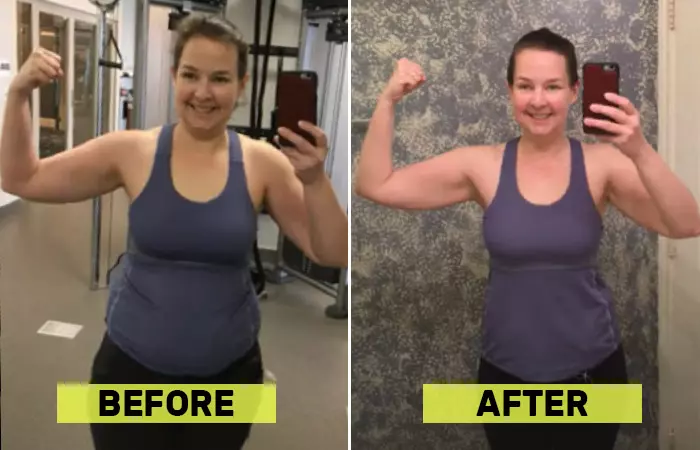

If you are new to a plant-based diet, you can get a little overwhelmed by changing your diet completely in one go. But don’t worry. Here’s a step-by-step guide to get started with a plant-based diet. Scroll down.
Beginner’s Guide To Starting A Plant-Based Diet
- Give Your Kitchen A Makeover: This is the most important step to get started. Out of sight, out of mind – is it not? Donate all packaged foods and other foods high in saturated fats and trans-fats. Bring home fresh veggies, fruits, whole grains, healthy fats, herbs and spices, and a few animal sources of foods if you opt for a flexitarian plant-based diet.
- Go Slow, But Be Steady: Change your diet with one or two meals per day. Start by consuming only plant-based foods in one or two of your biggest meals – breakfast, lunch, or dinner. Give yourself one week to adjust to the new food habits. You can go on a full-fledged plant-based diet from the second week.
- Snack Mindfully: Snacking right is also very important. It is easy to consume trans-fats through plant-based snacks like potato chips. Consume nuts and seeds or a fruit or crunchy veggies like carrot and cucumber for a delicious snack.
- Include Animal Sources Of Food, If You Want: You can be on a plant-based diet and still have animal food sources in moderation. This flexitarian concept works for vegetarians who consume milk, yogurt, cheese, eggs, etc. It also works for people trying to reduce meat, fish, and dairy consumption. The mantra is to consume more plant-based foods than animal-sourced foods.
- Make Your Food Delicious: A colorful plate of plant-based foods should also taste good. Use different styles of cooking, check easy recipes, and create your own salad dressings and sauces to make your food delicious.
- Reward Yourself: Adhering to your new food habits requires effort and determination. If you have done that, it’s time to reward yourself. You can buy yourself useful equipment (juicer or a whisk, etc.), post a before-after selfie on your social media, or buy yourself a book on mindfulness or meditation to keep improving your new-found lifestyle.
 Quick Tip
Quick TipBeing on a plant-based diet has many benefits. However, it also may have one disadvantage.
How To Overcome Nutritional Deficiencies
Dr. Katie Takayasu, Integrative Medicine Physician at Stamford Hospital, says, “A plant-based or vegan diet could be nutritionally deficient unless the person is very cognizant of what they are choosing.” She adds, “It is important to consider things like vitamin B12 and vitamin D as those are primarily available in animal sources in the diet. So one would want to supplement those. It’s also important to make sure that you have enough iron and calcium.”
How to overcome these nutritional deficiencies? Jenn LaVardera, RD, and Nicole Stevens, MScFN, RD, offer the perfect solution:
Jenn LaVardera, RD, says “Vitamin B12 is unique to animal foods, so people eating a 100% plant-based diet should be intentional about getting enough of it. Try cooking with nutritional yeast (it’s a great substitute for cheese). Studies also show that nori can serve as a plant-based source of B12. Those following an exclusively plant-based diet might also consider taking a supplement ”(16).
Nicole Stevens, MScFN, RD, says, “Vitamin D often needs to be supplemented or consumed through eating fortified foods (always speak to a doctor before starting any supplements).” She adds “Zinc, omega-3s, iron, and iodine are also nutrients of concern. Zinc is found in nuts, seeds, whole grains, and legumes such as chickpeas or lentils. Omega-3s may require supplementation (speak to a doctor before starting any supplements) but are found in hemp seeds, chia seeds, flaxseeds, and walnuts. Iodine is found in seaweeds and fortified salts.”
Jenn LaVardera, RD, also suggests, “Iron is found in many plant foods including leafy greens, whole grains, nuts, seeds, and legumes. And vitamin C, which is found in fruits and vegetables, can help with iron absorption.”
With regards to calcium, she says, “Calcium can also be obtained from plant foods including beans, green vegetables, almonds, and sesame seeds.”
As for protein, Jenn LaVardera, RD, states, “including a wide variety of plant foods including legumes, beans, nuts, seeds, and whole grains in your day is an easy way to ensure you meet your daily protein needs.”
The key to preventing nutritional deficiencies in a plant-based diet is consuming a mix of recommended foods along with supplements (only after consulting a licensed doctor) and getting your daily dose of vitamin D by basking in the sun in the early hours of the morning for at least 10 minutes.
A plant-based diet is rich in nutrients and bioactive compounds with antioxidant properties that are essential for the body. With the absence of saturated fat, these foods help reduce the risk of cardiovascular disease. Moreover, consuming vegetables, fruits, whole grains, seeds, and nuts helps reduce the incidence of type-2 diabetes, migraine headaches, hypertension, cancer, and kidney diseases. While on this diet, you may get tempted to snack on junk foods that contain trans fats. So, avoid eating them and munch on seeds and nuts instead for better health. However, those following plant-based diets may fall short on certain nutrients like vitamin B12 and D, zinc, iron, iodine, and omega-3 fatty acids. So, their supplementation is crucial.
Frequently Asked Questions
How much weight can you lose in a month on a plant-based diet?
Switching to a whole-food, plant-based diet may help you lose about one pound in a week.
Is almond milk plant-based?
Yes, almond milk is derived from grinding almonds and makes for a plant-based substitute for regular cow or goat milk.
Why am I gaining weight on a plant-based diet?
Many plant-based alternatives like beans, lentils, and quinoa are high in carbs. Consuming more calories than required can eventually lead to weight gain.
Explore the transformative journey of adopting a plant-based diet from the video below. From improved well-being to a healthier lifestyle, discover the personal story of how plant-based eating positively impacts your body as well as your mental health.
References
Articles on StyleCraze are backed by verified information from peer-reviewed and academic research papers, reputed organizations, research institutions, and medical associations to ensure accuracy and relevance. Read our editorial policy to learn more.
- The right plant-based diet for you – Harvard Health
https://www.health.harvard.edu/staying-healthy/the-right-plant-based-diet-for-you - Association Between Plant-Based Dietary Patterns and Risk of Type 2 Diabetes
https://jamanetwork.com/journals/jamainternalmedicine/fullarticle/2738784 - A plant-based diet for the prevention and treatment of type 2 diabetes
https://www.ncbi.nlm.nih.gov/pmc/articles/PMC5466941/ - Plant‐based diets and diabetic neuropathy: A systematic review – Storz – 2025 – Lifestyle Medicine – Wiley Online Library
https://onlinelibrary.wiley.com/doi/full/10.1002/lim2.6 - Eating a plant-based diet at any age may lower cardiovascular risk | American Heart Association
https://www.heart.org/en/news/2025/08/04/eating-a-plant-based-diet-at-any-age-may-lower-cardiovascular-risk - Nutritional Update for Physicians: Plant-Based Diets – PMC
https://www.ncbi.nlm.nih.gov/pmc/articles/PMC3662288/ - The effects of plant-based diets on the body and the brain: a systematic review
https://www.ncbi.nlm.nih.gov/pmc/articles/PMC6742661/ - A Whole Food Plant-Based Diet Is Effective for Weight Loss: The Evidence
https://journals.sagepub.com/doi/abs/10.1177/1559827620912400 - Nutrition intervention for migraine: a randomized crossover trial
https://www.ncbi.nlm.nih.gov/pmc/articles/PMC4227630/ - A Bidirectional View of Migraine and Diet Relationship
https://www.ncbi.nlm.nih.gov/pmc/articles/PMC7884951/ - The role of plant-based nutrition in cancer prevention
https://www.oaepublish.com/articles/2572-8180.2018.05 - Plant-Based Diets and Incident CKD and Kidney Function
http://journals.lww.com/CJASN/pages/articleviewer.aspx?year=2019&issue=05000&article=00009&type=Fulltext - Plant-based diets for prevention and management of chronic kidney disease
https://pubmed.ncbi.nlm.nih.gov/31725014/ - The effect of plant-based dietary patterns on blood pressure: a systematic review and meta-analysis of controlled intervention trials
https://journals.lww.com/jhypertension/Citation/2025/01000/The_effect_of_plant_based_dietary_patterns_on.4.aspx - Plant-Based Diets and Hypertension
https://www.ncbi.nlm.nih.gov/pmc/articles/PMC7692016/ - Vitamin B₁₂-containing plant food sources for vegetarians
https://pubmed.ncbi.nlm.nih.gov/24803097/
Read full bio of Michelle Hawksworth
Read full bio of Ravi Teja Tadimalla
Read full bio of Himanshi Mahajan






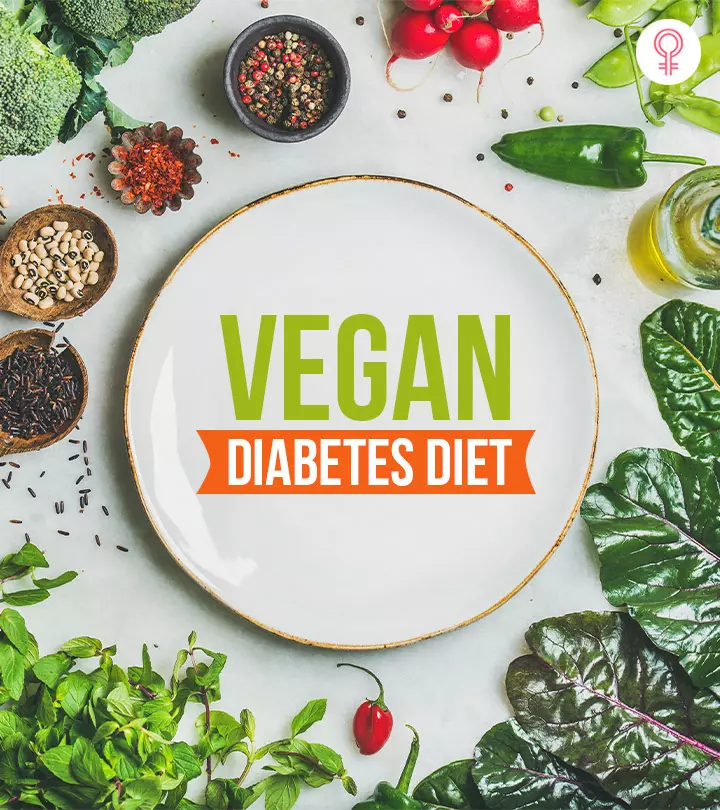

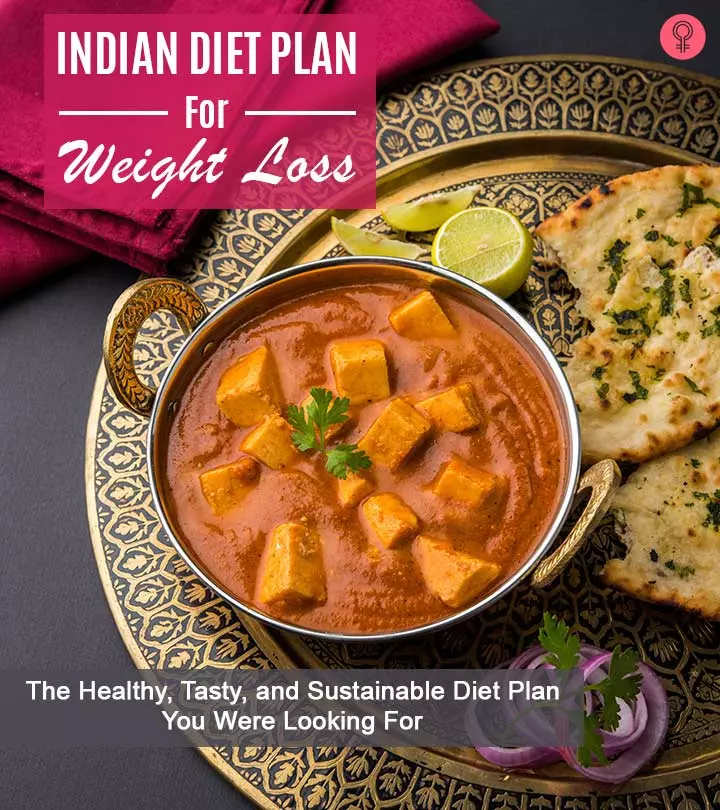
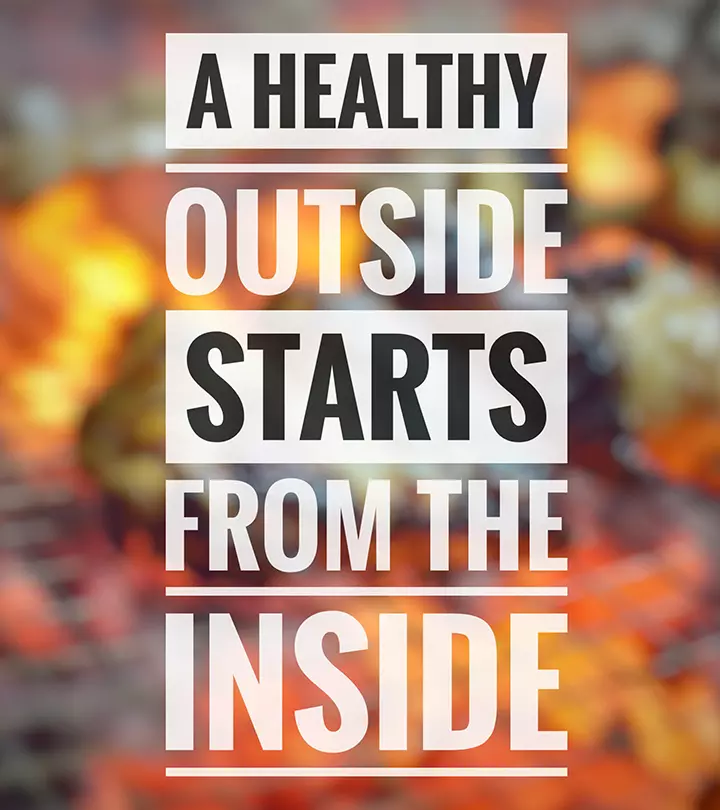
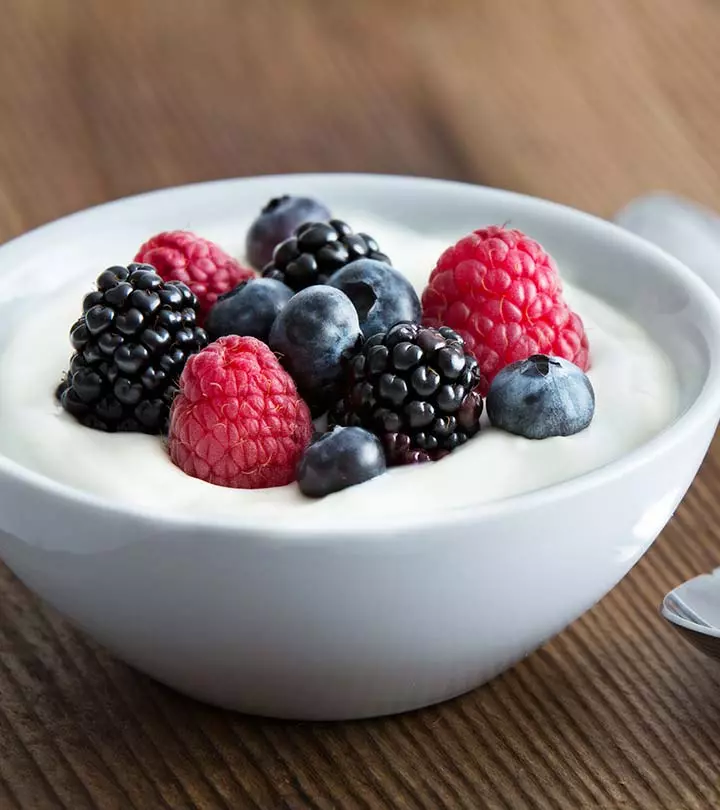
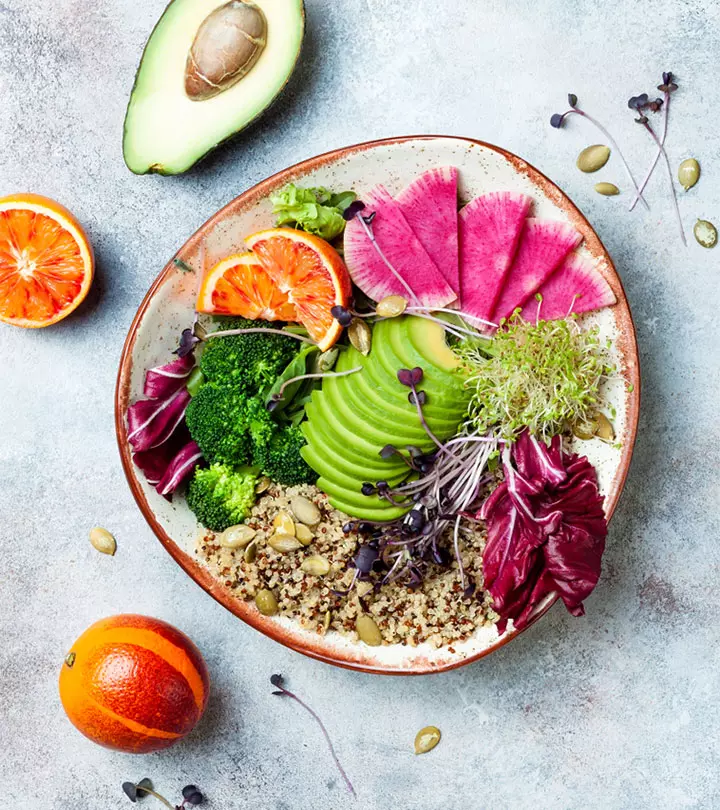
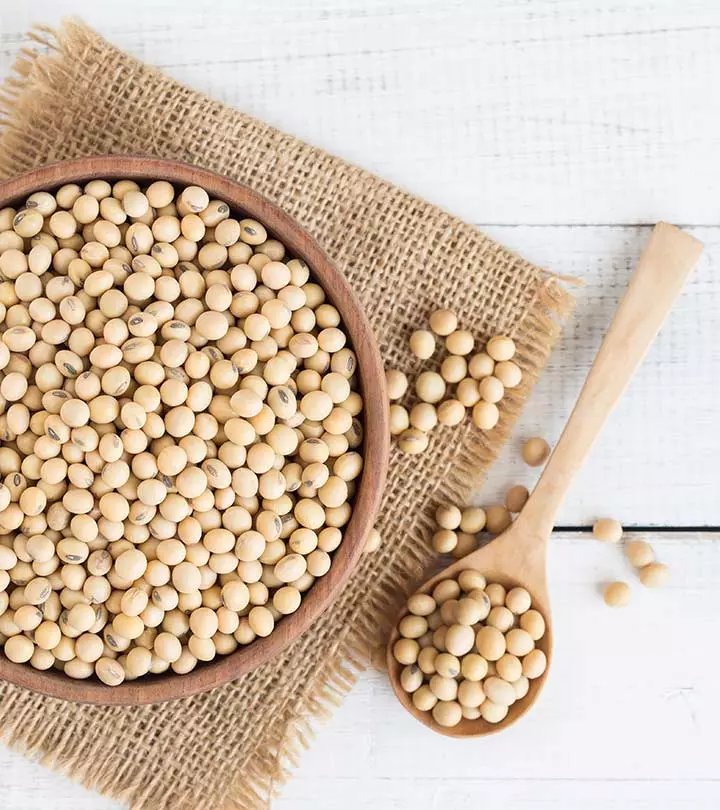





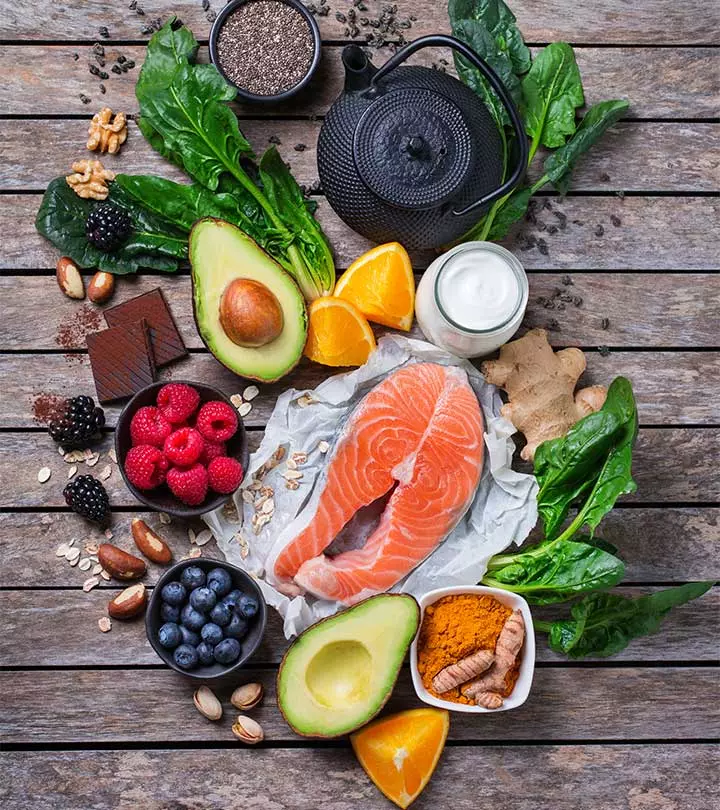
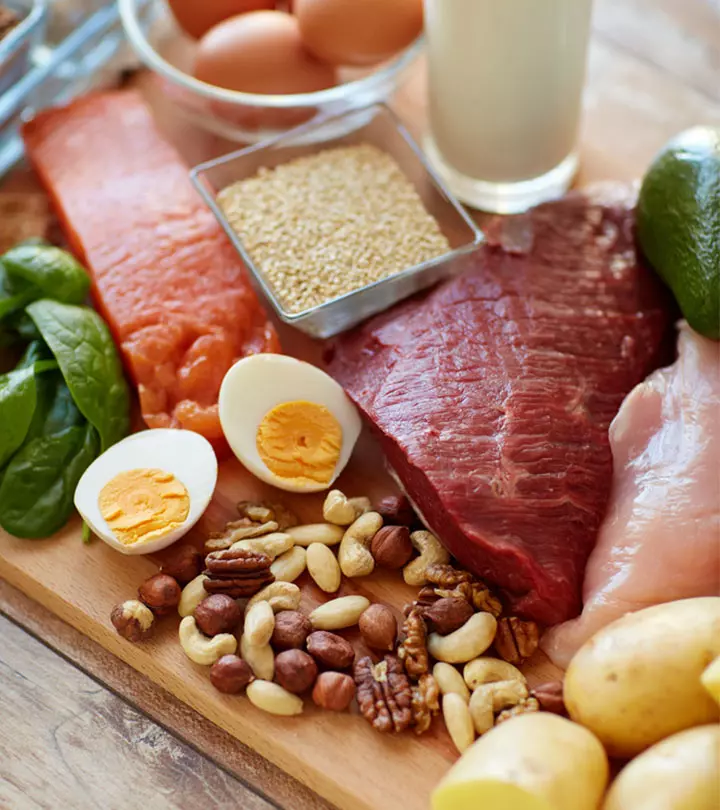
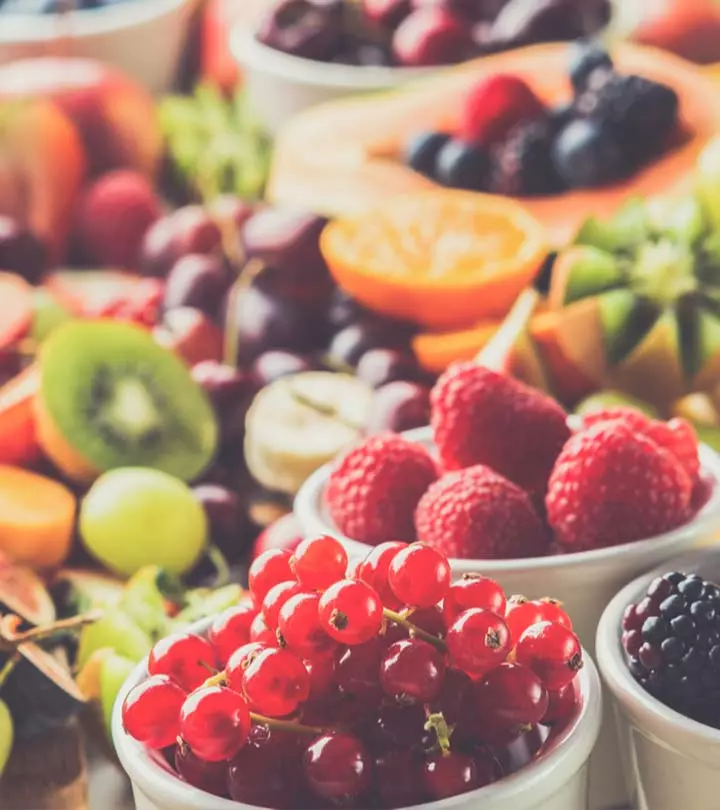

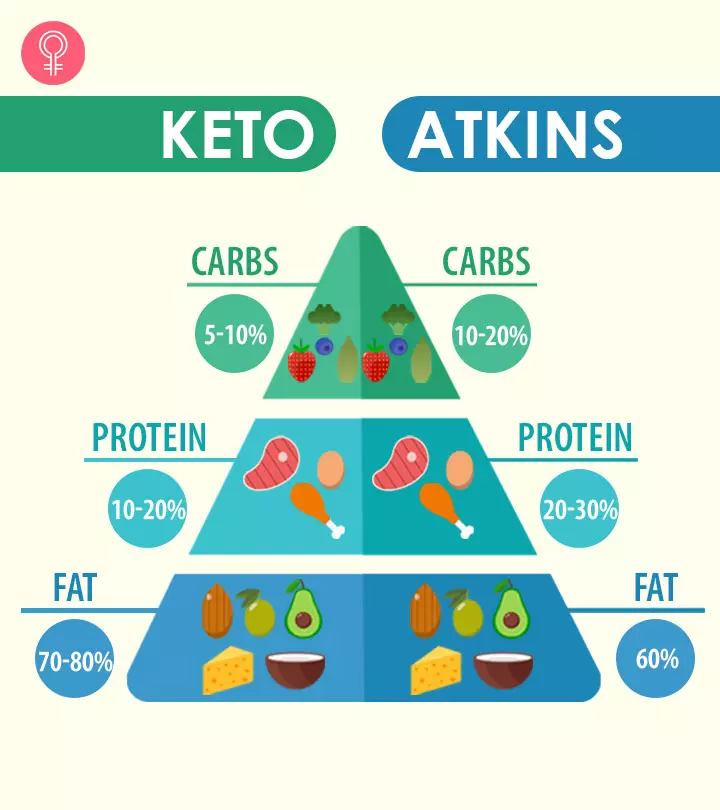


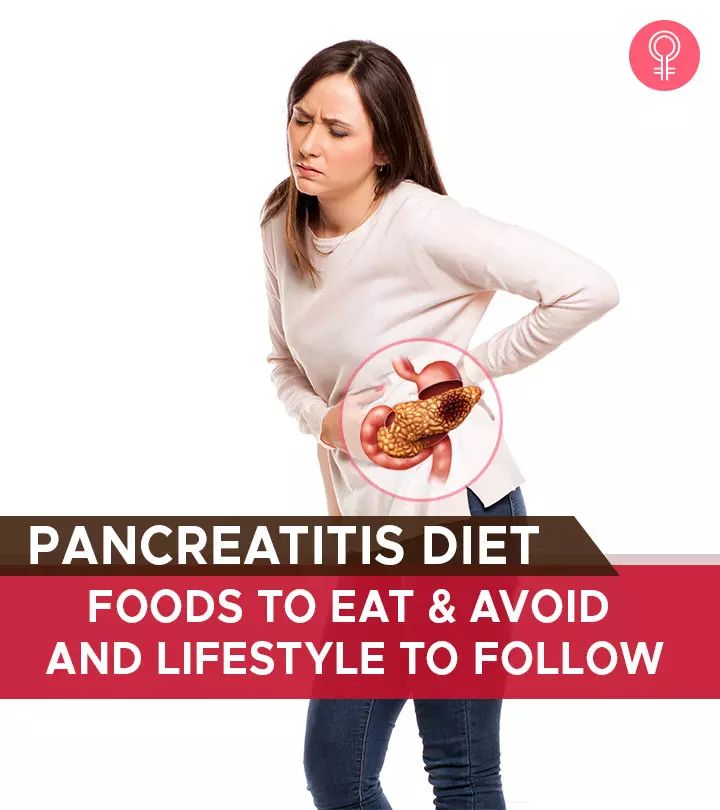
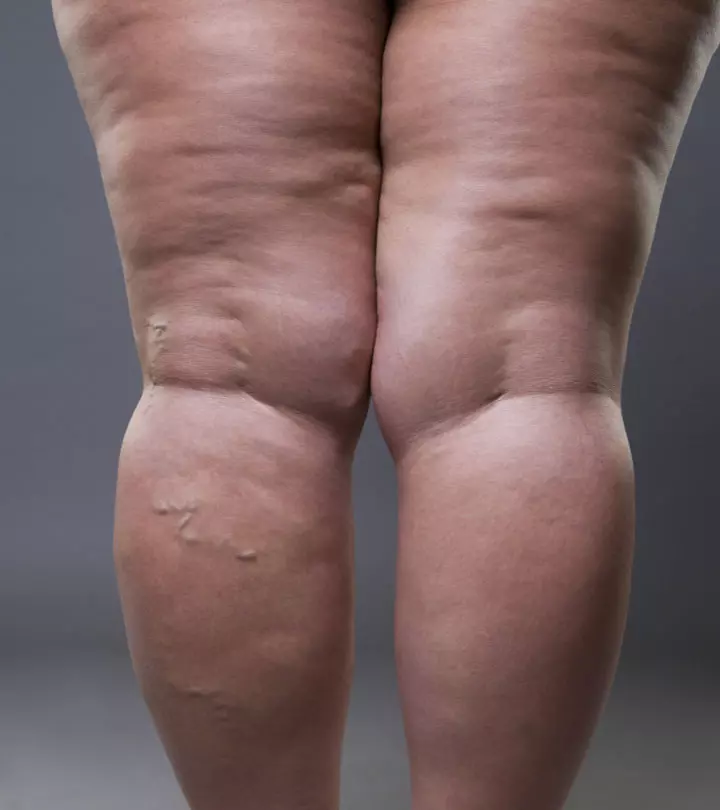
Community Experiences
Join the conversation and become a part of our empowering community! Share your stories, experiences, and insights to connect with other beauty, lifestyle, and health enthusiasts.